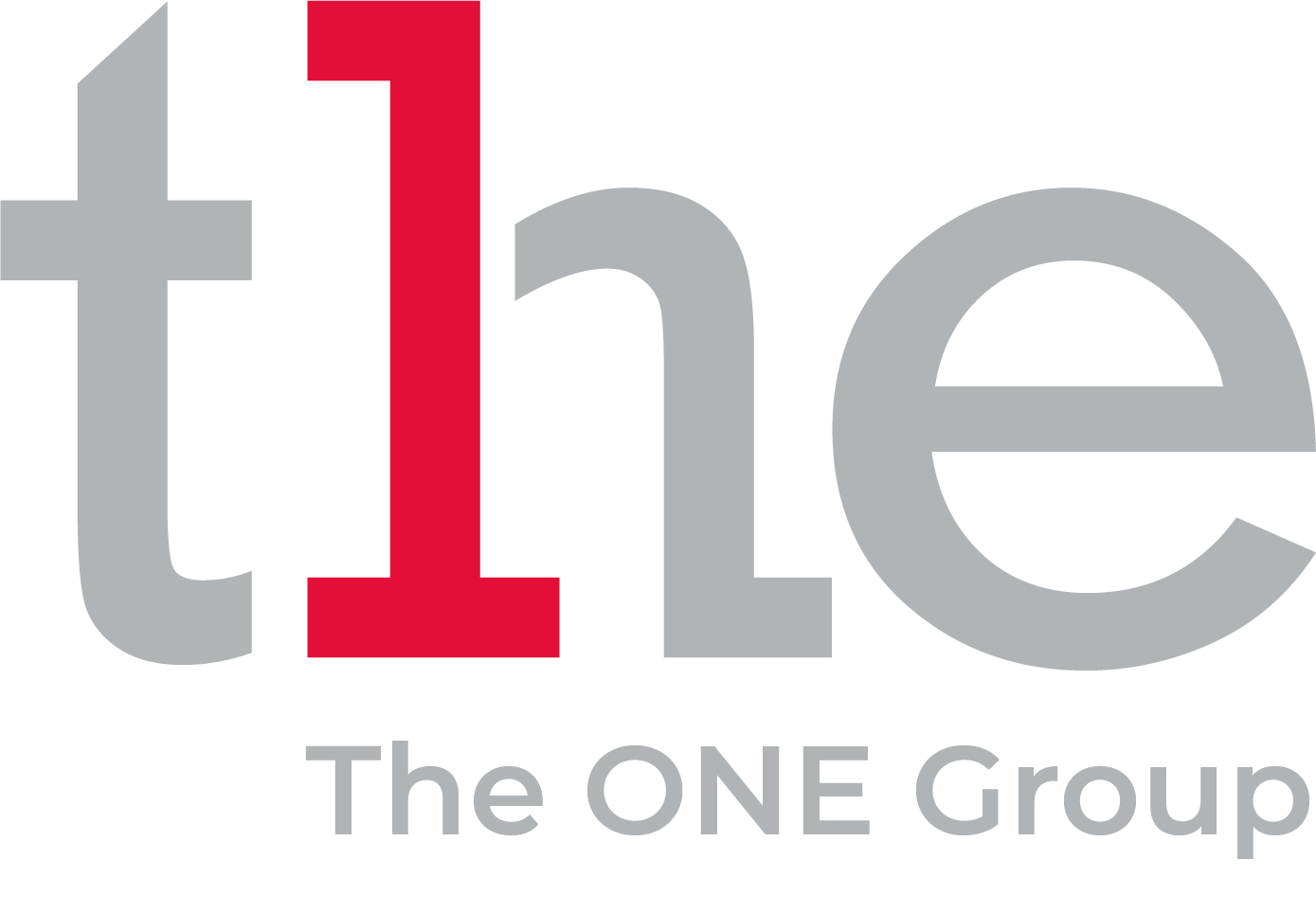In today's fast-paced and ever-evolving business landscape, effective leadership is paramount for guiding organisations through complex challenges and driving sustainable growth. While the role of a leader is multifaceted, there are several key leadership skills that we believe are crucial for navigating the complexities of a leadership role. Below are the top five skills that we think you should be focussing on when recruiting for any leadership role.
Adaptability:
In a rapidly changing business landscape, leaders need to be able to demonstrate adaptability and agility in response to market shifts, technological advancements, and evolving consumer preferences. Embracing change, fostering a culture of innovation, and encouraging a willingness to experiment with new ideas and approaches are essential for keeping the organisation competitive and resilient.
Strategic Vision:
Having a strong sense of strategic vision is fundamental for effective leadership. Leaders must be capable of envisioning the future of the organisation, setting clear and attainable goals, and articulating a compelling roadmap for achieving long-term success. Communicating this vision to the team and aligning their efforts with organisational objectives are critical for driving progress and ensuring collective commitment toward shared goals.
Emotional Intelligence:
We believe emotional intelligence is a fundamental attribute that sets exceptional leaders apart from their counterparts. Leaders with high emotional intelligence will demonstrate empathy, self-awareness, and strong interpersonal skills, enabling them to build trust, develop meaningful relationships, and create a supportive work environment. By understanding and empathising with the emotions and perspectives of their team members, these leaders can effectively motivate and inspire their workforce, which can lead to improved collaboration, engagement, and overall job satisfaction.
Decision Making:
Sound decision-making is a crucial skill to look for in effective leadership. Leaders must be good at analysing complex situations, evaluating risks, and making informed judgments based on an organisation's goals and values. Implementing transparent decision-making processes, asking for input from key stakeholders, and considering diverse viewpoints can lead to more inclusive and effective decision-making, building a culture of trust and accountability within the organisation.
Team Empowerment:
A successful leader empowers their team members to achieve their full potential. By providing guidance, support, and opportunities for skill development, leaders can build a culture of continuous learning and growth. Delegating responsibilities, encouraging autonomy, and recognising individual and team achievements are essential for building a motivated and high-performing team that is committed to driving the organisation forward.
When recruiting for a leadership role, ensure these skills are discussed to get a greater understanding of the candidate's knowledge and experience. If you need any help, please feel free to reach out to us: marketing@theonegroup.co.uk, we’ll be happy to help.


